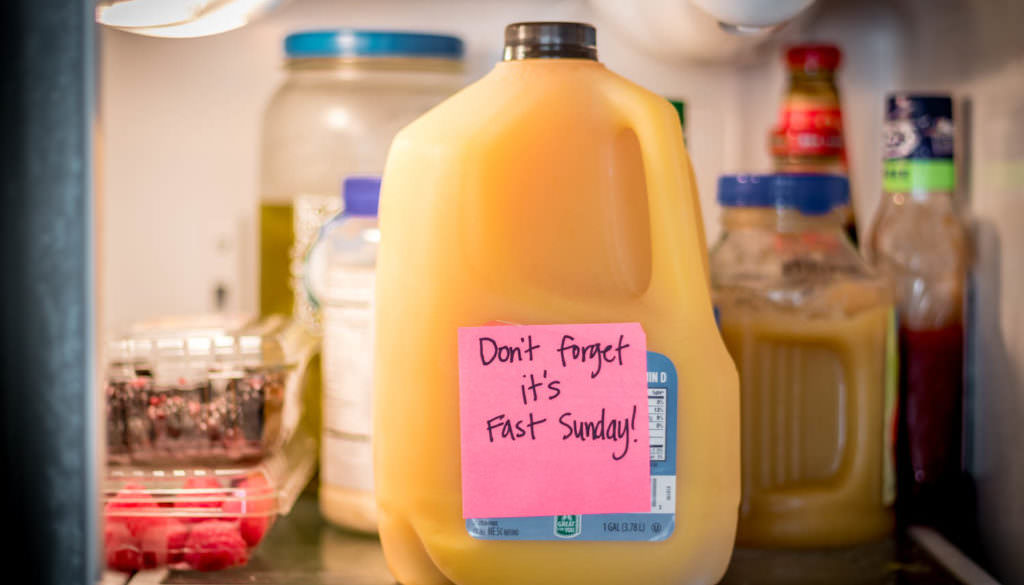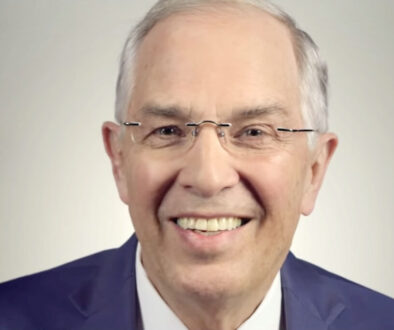The First Saturday of the Month = Fasting
What is Fasting?
Fasting shouldn’t be too foreign as it’s as old as the Old Testament. Moses fasted in Exodus 34:28 while he was on Mount Sinai,
“And he was there with the Lord forty days and forty nights; he did neither eat bread, nor drink water. And he wrote upon the tables the words of the covenant, the ten commandments.”
Jesus also fasted for forty days in the wilderness as recorded in Matthew 4:1-4.
1 Then was Jesus led up of the Spirit into the wilderness to be tempted of the devil.
2 And when he had fasted forty days and forty nights, he was afterward an hungred.
3 And when the tempter came to him, he said, If thou be the Son of God, command that these stones be made bread.
4 But he answered and said, It is written, Man shall not live by bread alone, but by every word that proceedeth out of the mouth of God.
Fasting is not limited to Christianity. Many faiths embrace fasting such as the Muslim observance of Ramadan.
Even outside of religious contexts, fasting is common, whether for medical reasons, such as bloodwork, or for personal health benefits.
While there are many physiological advantages to fasting, my focus is on its spiritual power.
Fasting for the Lord
When fasting for spiritual purposes, one essential component is prayer. Without prayer, fasting is merely an exercise of self-restraint while casting longing looks at the fridge.
Elder Joseph B. Wirthlin of the Quorum of the Twelve Apostles taught in a talk “The Law of the Fast“,
“We must lift our hearts, our minds, and our voices in communion with our Heavenly Father. Fasting, coupled with mighty prayer, is powerful. It can fill our minds with the revelations of the Spirit. It can strengthen us against times of temptation.”
Through prayer becomes a way to draw closer to God, seek guidance, and gain spiritual strength.
Participating in Fast Sunday
Once a month, typically on the first Sunday, members of the Church of Jesus Christ of Latter-day Saints are encouraged to participate in a fast. Those who are unable because of medical or other prohibitive reasons are naturally exempt. Fasting is personal and fully voluntary for each person.This is fully voluntary. Nobody is forcing participation.
Members are invited to forgo food and water for two consecutive meals and then donate the money they would have spent on those meals as a fast offering.
The amount given is left to individual discretion. The Church simply encourages members to give a “generous” fast offering. Whether it’s $500 for two meals from the fanciest restaurant in town or 20¢ for two packages of Raman Noodles. The principle is about sacrifice and charity.
One of my religion teaches once put it this way, “pay till it hurts”. It is all according to the heart of the person. The Lord will bless people according to his will. The fast offering is a private thing and is not an opportunity to parade how generous you can afford to be.
Fast offerings are used to help those in need through humanitarian efforts, providing food, shelter, assistance to the less fortunate. I found an article that is a little dated, but talks about the use of donations. You can read it here. What better way to practice being Christlike than by sacrificing for the sake of others?
Additionally, Church leadership may sometimes call for special fasts in times of need, asking members to unite in fasting and prayer for specific causes. There is great spiritual power in such collective acts of faith.
There are Great Blessings in Fasting
Last night my wife mentioned how often she would think about stopping by the fridge for a quick snack, only to remember she was fasting. I had to agree as I had thought a dozen times about that very thing.
It can be life-changing for those who are fasting to remember something the Lord has done for them or to list a blessing each time they are tempted to have food. Every hunger pang can serve as a reminder to turn to the Lord, to express gratitude, or to remember the blessings we’ve received.
It also deepens our awareness of those how go without food daily due to circumstance and not by choice. What a privilege it is to help provide a meal for someone in need, simply by being willing to give.
Fasting is more than an act of personal sacrifice; it is a reminder of our dependence on God, an opportunity to strengthen our faith, and a means of blessing others. When done with purpose and prayer, it becomes a powerful spiritual practice—one that brings both personal growth and divine blessings.
Image Credit: Dallas Golden




